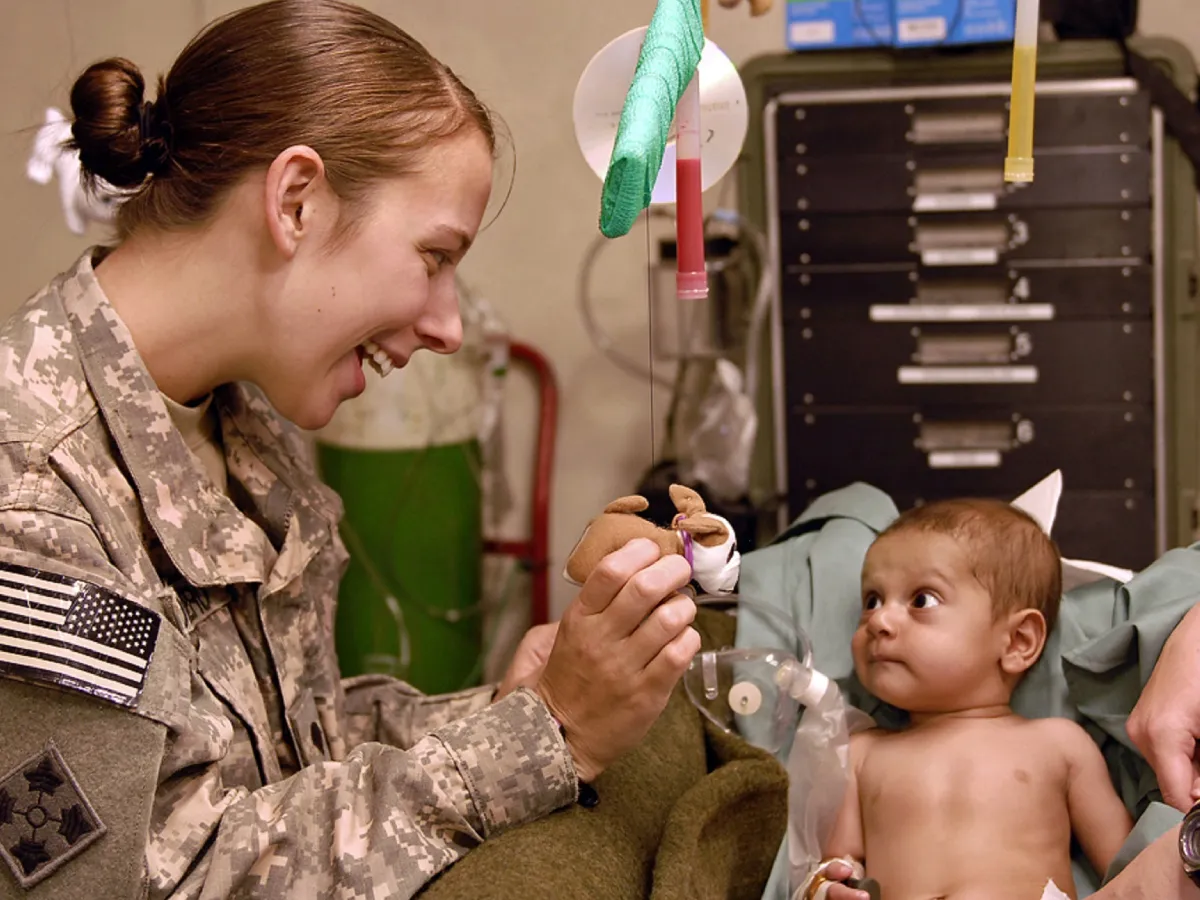Pediatric physiotherapy is a specialized field of physiotherapy that focuses on the physical development and rehabilitation of children. It addresses various conditions affecting children from infancy to adolescence, helping them achieve important developmental milestones. This blog post explores the benefits of pediatric physiotherapy and how it can significantly contribute to a child’s overall growth and development.
Understanding Developmental Milestones
Developmental milestones are specific skills or behaviors that most children can accomplish within a certain age range. These milestones are categorized into several domains, including gross motor skills (like crawling, walking, and jumping), fine motor skills (like grasping and manipulating objects), social and emotional skills (interacting with others), and communication skills (speaking and understanding language). Each of these areas plays a crucial role in a child’s ability to navigate their environment and interact with the world around them.
Early Intervention is Key
One of the most significant benefits of pediatric physiotherapy is the emphasis on early intervention. Detecting developmental delays or issues early on can lead to more effective treatment and better outcomes. Physiotherapists specializing in pediatrics are trained to assess a child’s development comprehensively. They can identify any delays or abnormalities and develop a personalized intervention plan tailored to the child’s specific needs.
Enhancing Motor Skills
Pediatric physiotherapy primarily focuses on improving motor skills, which are critical for daily activities such as playing, writing, and participating in sports. Therapists use various techniques and exercises to promote gross motor development, which includes skills like sitting, crawling, standing, and walking. For example, if a child has difficulty with balance and coordination, a physiotherapist may incorporate fun activities like balance games or obstacle courses to help the child improve these skills in a playful and engaging manner.
Fine motor skills are equally essential for tasks such as holding a pencil, buttoning clothes, or using utensils. Pediatric physiotherapists can help develop these skills through specific activities and exercises that encourage hand-eye coordination and dexterity. By addressing these motor skills early, children can develop confidence and independence in their daily activities.
Supporting Children with Special Needs
Pediatric physiotherapy is especially beneficial for children with special needs or medical conditions that may hinder their development. Conditions such as cerebral palsy, Down syndrome, spina bifida, and developmental coordination disorder can significantly impact a child’s ability to meet developmental milestones. Physiotherapists work closely with these children to create customized treatment plans that focus on their unique challenges.
For instance, a child with cerebral palsy may experience muscle stiffness and difficulties with movement. A pediatric physiotherapist can use techniques like stretching, strengthening exercises, and mobility training to help improve the child’s physical function and independence. By tailoring therapy to each child’s needs, physiotherapists can help them achieve their maximum potential.
Promoting Social Interaction and Emotional Development
Beyond physical skills, pediatric physiotherapy also supports social and emotional development. Many physiotherapy sessions incorporate group activities that encourage children to interact with their peers. These interactions can help children develop essential social skills, such as sharing, taking turns, and communicating effectively. Moreover, the sense of achievement gained from mastering a new skill during therapy can boost a child’s self-esteem and confidence.
Family Involvement
Pediatric physiotherapy emphasizes the importance of family involvement in the child’s treatment process. Therapists often work closely with parents and caregivers, providing guidance on exercises and activities that can be done at home. This collaborative approach not only enhances the effectiveness of the therapy but also allows families to play an active role in their child’s development. Parents are equipped with tools and strategies to support their child’s progress outside of therapy sessions, fostering a more comprehensive developmental environment.

0 Comments